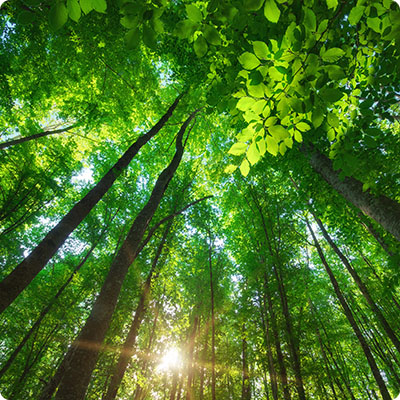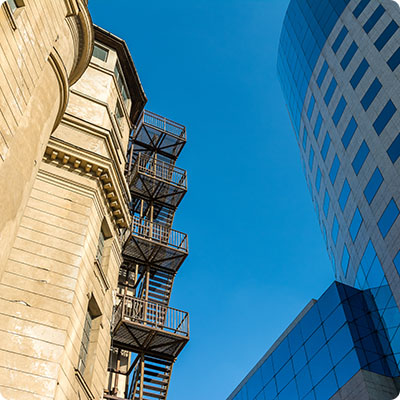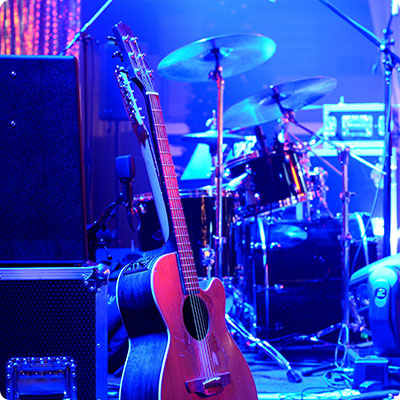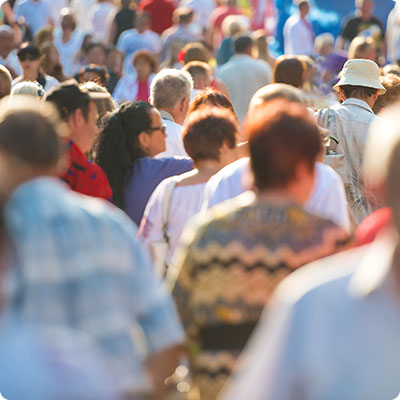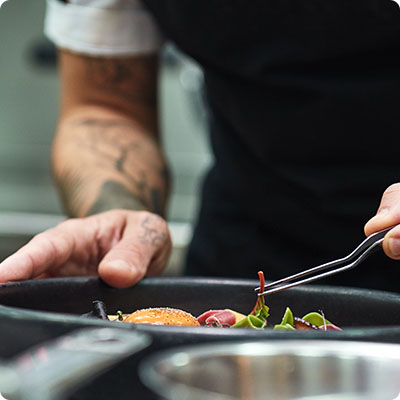Malaysia
Islam is the country's most important religion, with Muslims accounting for 63.5% of the total Malaysian population. Islam is the state religion according to Article 3 of the Constitution, which means that national laws conform to the precepts of Islam and that all Malays are Muslims. Conversely, a Malaysian citizen is considered Malay only if he or she is a Muslim. The Constitution does, however, guarantee freedom of worship for non-Malay citizens. A citizen's race and religion are recorded on the Malaysian identity card. Islamic religious practices are governed byShariah law. A Malaysian who refuses to pray or fails to observe the Ramadan fast may be subject to corporal punishment and/or a fine.
The rest of the Malaysian population is made up of 18.7% Buddhists, 9.1% Christians (mainly in East Malaysia), 6.1% Hindus and 1.8% atheists. The government prohibits publications that incite racial or religious differences between communities. The number of atheists is open to debate, as apostasy has been illegal since 1988, making it illegal for Muslims to renounce their religion and convert to another faith. The Malaysian government has also been strongly criticized by human rights organizations for its discrimination against atheists. Only 0.9% of the total population follows other religions, such as Sikhism, animism, Bahaism or Chinese folk religions. Eid al-Fitr and Eid al-Adha, the two major Muslim holidays, Christmas, Chinese New Year and Divali, the Hindu festival of lights, are national holidays. The various religious communities are generally tolerant of each other and live together harmoniously. In Sarawak and Sabah, marriages between people of different faiths are more frequent, and inter-community tensions are lower than on the peninsula. Generally speaking, Muslim communities in peninsular Malaysia are more conservative. Non-Islamic religious publications are also more restricted in Peninsular Malaysia than in East Malaysia, where each state enjoys greater freedom of worship.
Sarawak. Although Islam is the country's official religion, Sarawak has no official state religion. Sarawak has the distinction of being the only state in Malaysia with a Christian majority. 42.6% of its inhabitants are Christians, 32.2% are Muslims, 13.5% are Buddhists and the remaining 11.7% belong to other faiths: Hinduism, Animism, Bahaism, Taoism, Confucianism or ancestor worship. There is great tolerance between the different communities in Sarawak, where several associations against religious discrimination bring together citizens of different faiths. However, the 1978 Majlis Islam bill led to the creation of Sarawak's first Sharia courts. These courts have authority over marriages, engagements, child custody, inheritance rights and criminal cases in the state.
The evangelization of Sarawak's inhabitants began in the mid-19th century, after the arrival of James Brooke. The first Christian missionaries, Anglicans from the Church of England, soon followed. Roman Catholics and Methodists followed. The first to convert to Christianity were Chinese immigrants, then missionaries evangelized the animist indigenous tribes.
The Iban and Bidayuh are predominantly Christian (around 70% of their respective populations are), but most continue to retain the traditional, animistic spiritual practices of their ancestors. The distinction between the different rites and religions is not really clear, as beliefs can vary from one community to another due to religious syncretism, and the amalgamations with different cultures that have taken place over the course of migrations. Generally speaking, the Iban live together in the same longhouse, regardless of their faith, although some divide the longhouse according to differences in denomination or political affiliation. The Bidayuh tradition of hanging the bodies of the deceased from trees and leaving the skeletons in their honour is rarely observed today. Important rituals are still observed by these two ethnic groups during the great cycles of agricultural periods, such as the Gawai Dayak festival, celebrated to obtain an abundant harvest. The indigenous Melanau ethnic group is the only one in the state where the majority of the population is Muslim (73%), the rest being Christian (19%). The Melanau have also preserved their traditional rites, notably the Kaul festival, a ceremony in which evil spirits are escorted out of the villages in pirogues and offerings.
Iconic places of worship in Kuching include St. Joseph's Cathedral, the Tua Pek Kong Chinese Temple and the Old Sarawak State Mosque.
Sabah. The state's predominant religion is Islam, whose followers account for almost 70% of the total population. Christians make up around 25% of the population and Buddhists only 5%. Before the arrival of Islam and Christianity, the island's indigenous populations practiced mainly animism and paganism. Islam spread to this part of the island after the conversion of Brunei's first ruler in the 10th century. Some indigenous pork-eating communities were unable to convert to Islam, so turned to Christianity. Areas along Sabah's coastline are predominantly Muslim, while converted indigenous communities living inland maintain ancestral animist beliefs. Other faiths are present in Sabah, but remain very much in the minority, such as Buddhism and Taoism (often closely related), Chinese folk beliefs, Hinduism and Sikhism.
The Kadazan-Dusun, Sabah's largest indigenous ethnic group, are predominantly Christian (75% of the population) and Muslim (22.6%). Their traditional religion, Momolianism, is still followed by members of this community. It is a system of communication between the invisible spiritual world and the material world, through a tribal priestess, the Bobohizan. This faith is based on the belief that spirits control the planting and harvesting of rice, and that communicating with them is essential to the community's survival.
Emblematic places of worship in Kota Kinabalu include the city's mosque (Masjid Bandaraya Kota Kinabalu), the Sacred Heart Cathedral, the Pu Tuo Si Chinese temple and the Gurudwara Sahib (Sikhism).
Kalimantan
Officially, Indonesia has no state religion, yet 87% of its citizens adhere to Islam. However, since 1968, blasphemy has been a punishable offence, and the Indonesian government sometimes discriminates against its atheist and agnostic citizens, as well as those who adhere to tribal religions such as animism or paganism. Islam is also the main religion in Kalimantan, and its followers account for 78.4% of the state's total population. Other denominations present in this part of the island are Protestantism (9.3%), Roman Catholicism (9.09%), Buddhism (1.94%) and Hinduism (1.08%). However, these religions are not evenly distributed across the five provinces. Muslims are in the overwhelming majority in South Kalimantan (96.7%) and East Kalimantan (87.7%), while their presence declines slightly in the other provinces: 74.3% in Central Kalimantan, 72.1% in North Kalimantan, and 59.2% in West Kalimantan. Protestantism is followed by 20.8% of the population in North Kalimantan, 16% in Central Kalimantan and 11.3% in West Kalimantan. West Kalimantan is the only province with more than one million Roman Catholics, i.e. almost 23% of the population. West Kalimantan also has the highest proportion of Buddhists (5.4%). Most indigenous Dayak ethnic groups are Christian or Kaharingan, a form of religious practice that is considered Hindu by the Indonesian government, despite its shamanic rituals. Kaharingan is a monotheistic faith practiced by the native ethnic groups of Central Kalimantan: Ngaju, Katingan, Lawangan, Ma'anyan and Ot Danum. A small but growing number of Dayak have converted to Islam.
Brunei Darussalam
Brunei is an Islamic monarchy, and the sultan also acts as religious leader. Islam is the state religion of Brunei Darussalam, and freedom of worship is guaranteed but restricted to private practice. In 2021, the government census showed that 82.1% of the sultanate's population adhered to the tenets of Islam. Other religions are also present in the micro-state: 6.7% of the population is Christian and 6.3% is Buddhist. The remaining 4.9% are followers of various religions, including indigenous ones. The Islamic State is much more conservative than in other Asian countries. Muslims are obliged to attend Friday prayers (all businesses close on this occasion), teaching of the Koran in state schools is compulsory and the sale of alcohol is formally prohibited throughout the country. Sharia law was introduced in October 2014, with a six-month phase-in period. This Islamic law applies to all Muslims in the country without exception. The introduction of Sharia has resulted in tougher punishments required towards misdemeanors and felonies. Alcohol consumption is punished by flogging, and theft by amputation of limbs. Adultery, homosexuality and sodomy are now punishable by death by stoning. Non-Islamic religious publications were banned, and offenders were liable to immediate death without recourse to trial. Subsequently, the Sultan also banned Muslims from celebrating Christmas, which otherwise carries a 5-year prison sentence and a hefty fine. Since 2019 and the publication of humorous homophobic cartoons, political and public figures from the Western world have been protesting against Brunei's policies and calling for a boycott of the many hotels the sultan owns across the globe.

